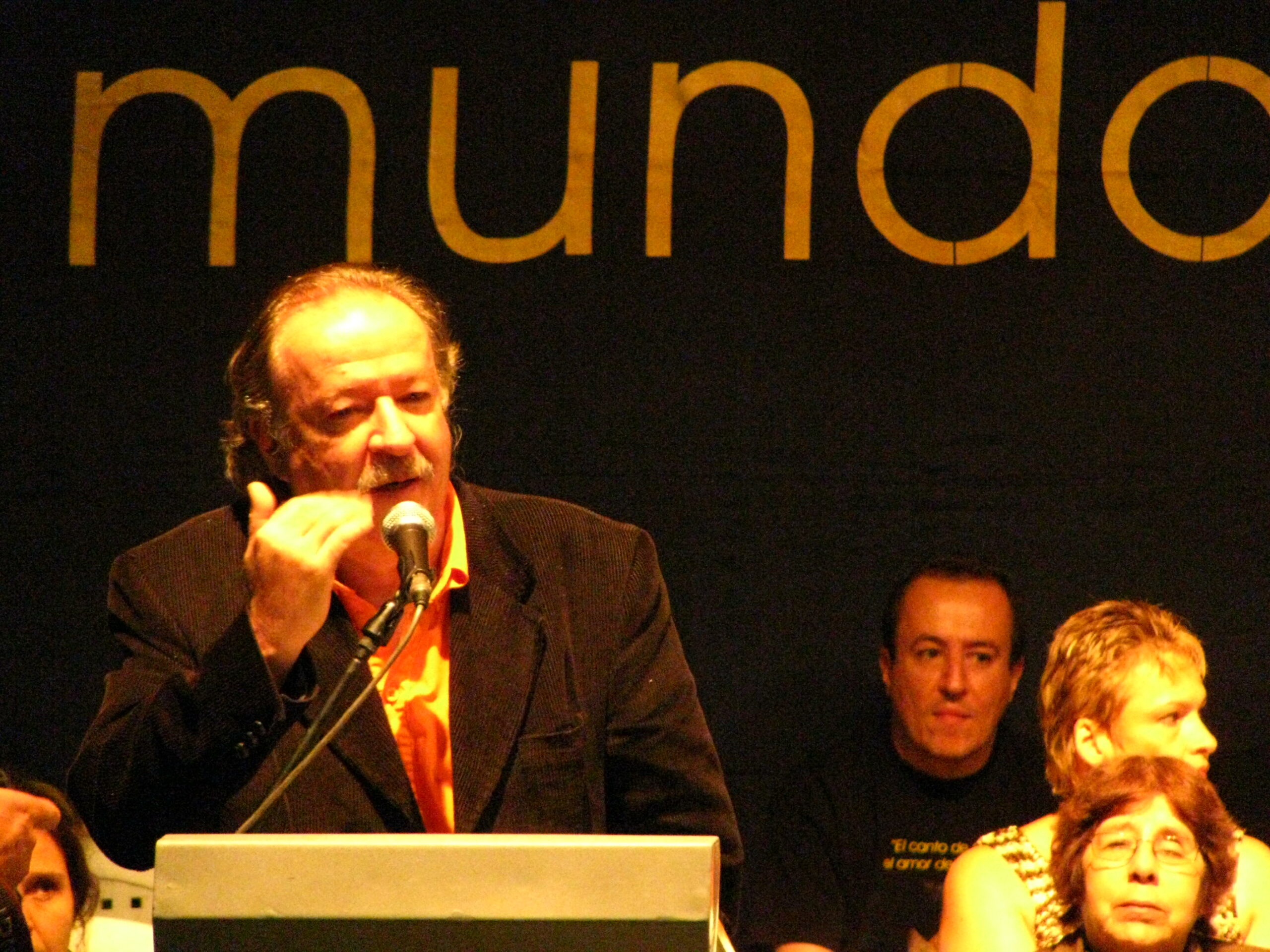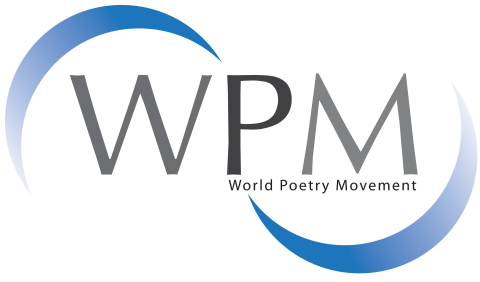Greetings from the Coordinating Committee to Europe Congress

Medellin, March 24th, 2023
General Coordinator: Fernando Rendón.
The whole long history of poetry, since Sumer, reveals a heroic attempt of the human spirit to survive conditions hostile to life on earth, to transform itself and contribute to change life of all, against endless cycles of war, destruction and despoilment of the species.
Poets resist and their enduring verses are manifestations of the rebellion of individuals and peoples against the deadly pressure of oppressive systems. Poets dream of a liberated life, transmuting the hell into which the powers that be have turned our stay in the world into a human and at the same time sacred paradise, where gods and peoples can coexist one day, as in mythical times. Storming the sky, or transforming the Earth into a home for life, are synonymous.
Europe’s history is also a sum of bloody wars of invasion of other continents, of endless plunder and genocide. Great museums, revealing Europe’s great cultural vocation, contain treasures of remote cultures waiting to be returned to their origin. Nevertheless, this continent has contributed to the world since the rise of Eleusis all its philosophy, its science and its art. And its poetry, from Homer, through the Celtic bards, the troubadours, Dante, Shakespeare, Hölderlin and Rimbaud, to the great poets of our time.
And it was precisely in the darkest times, such as during the two great wars of the 20th century, that illuminating beacons of the spirit of Europe created works that prove that death can do nothing against poetry. Poetry shines on the path of mankind. But it is not only the sun and its flaming fire, it is its path and its footprint.
As the Italian poet Salvatore Quasimodo wrote:
You are still a man of the sling and of the stone,
man of my time. You were in the cockpit,
with the malignant wings, the dials of death,
I saw you – in the chariot of fire, on the gallows,
at the breaking wheel. I saw you: it was you,
with your exact science wooing slaughter,
without love, without Christ. You killed again,
as always, as your fathers killed, as those animals
that saw you for the first time killed.
And this blood smells of the blood that day
When one brother said to another brother:
“Let’s go to the fields.” And that cold echo, dogged,
passed down to you, within your day.
Forget, oh sons, the clouds of blood
Lifted from the earth, forgotten by your fathers:
their tombs sink into the ashes,
the black vultures, the wind, cover their hearts.
The World Poetry Movement was founded in Medellin in 2011, to unite poets, their organizations, poetry festivals, schools and publications, around the common purpose of world peace, to accompany peoples struggling for solidarity and brotherhood, and in defence of all forms of life, and thus to organize a powerful movement in each country, in order to bring poetry to the heart of all humans and a new time for humanity.
Poetry is destined to become the language of our species, to rule the destiny of the great country of life. For us, the presence and commitment of European poets within the World Poetry Movement is a fact of the first magnitude. You constitute the great spirit of Europe, in the dimension of your will and your aspiration for life, at a stormy moment for the balance of the planet, similar to the preamble to the Second World War. The joint action of European poets and the poets who make up our Movement on all continents must lead immediately to propose urgent dialogue and negotiation between Russia and Ukraine, and those behind it: NATO and the United States, as the only possible and definitive way to peace in the region.
This is not an hour of inaction, nor of inertia. WPM must be strengthened in Europe. A powerful energy must break through, from love and life-protecting thought, through poems, through increasing meetings between poets, artists, thinkers, scientists, humanists and pacifists and anti-nuclear fighters; through publications in the media and interventions in public spaces; through contacts with progressive politicians, and also through an Open Letter, signed by thousands of poets in the world, to contribute to an end to the conflict.
WPM is making great efforts to develop a work of sustained growth in the world. It has held two virtual Congresses in Africa and Asia with high delegate participation and, above all, with significant contributions and joint plans. The delegates elected to both Congresses have given their reports, their opinions and proposals to make us visible as a new reality that thinks and acts in many countries. Many national WPM Facebook pages have been opened and broad support groups are being created everywhere. At the same time, we are preparing the WPM America Congress. In Colombia 106 poets are part of the Movement.
In greeting each of the delegates to this Congress, on behalf of the CC of WPM I must thank Francis Combes, Ataol Behramoğlu and Luis Filipe Sarmento for their constant concern and persistent work for the development of WPM in that continent and in their own countries, and for the success of this Meeting, which can become the seed of the dream of a new Europe.

